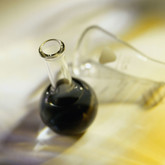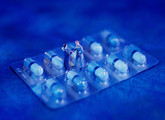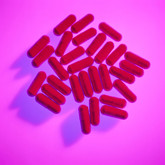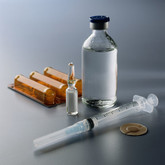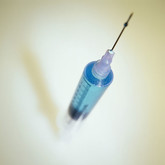Biosimilars/General
|
Posted 11/05/2012
Sandoz testimony at FDA hearing on biosimilars will emphasise need for consistent regulatory standards across all biologicals
Sandoz announced on 9 May 2012 that Dr Mark McCamish, Head of Global Biopharmaceutical Development, would present on behalf of the Novartis Group of companies (Novartis) at the 11 May 2012 FDA public hearing on draft guidances for biosimilars.
The message he will convey will focus on the need for a single science-based regulatory standard that FDA should apply across all biologicals, irrespective of the business model of the sponsor. As well as a single standard, Dr McCamish will address the points that biosimilar clinical studies should be only confirmatory and the fact that interchangeability is critical to maximising access to affordable biosimilars for US patients.
Source: Sandoz




















